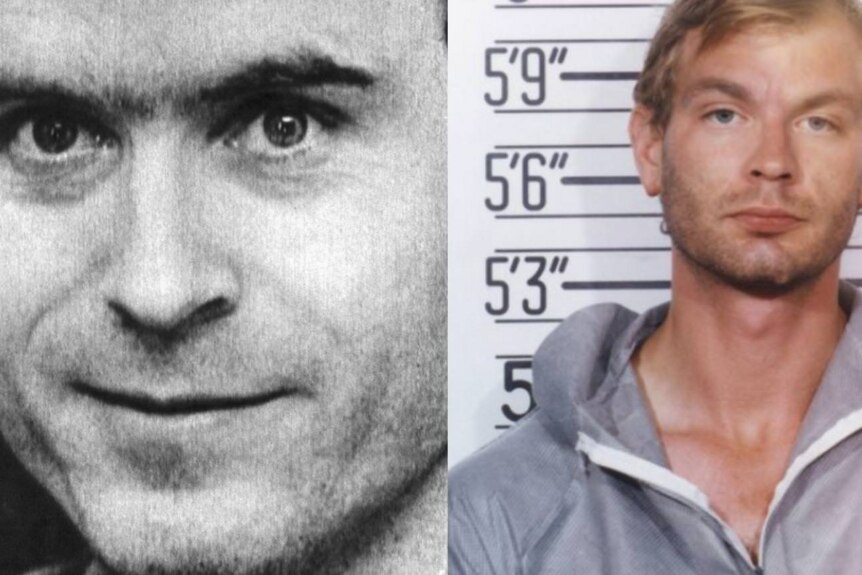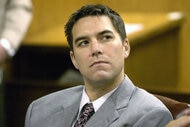Create a free profile to get unlimited access to exclusive videos, breaking news, sweepstakes, and more!
Expert Says We Could See Surge Of Serial Killers In A Decade Or So
Author Peter Vronsky's new book, Sons of Cain: A History of Serial Killers From the Stone Age to the Present, puts forward a grim prediction.

The decades of the 1970s, '80s and '90s are sometimes morbidly referred to as the "golden age" of serial killers. That is when the nation's most infamous murderers preyed on their victims and became household names in the process -- criminals like Ted Bundy, Jeffrey Dahmer, David Berkowitz and John Wayne Gacy, just to name a few.
At least one expert thinks we may see another "golden age" begin in about 10 or 15 years.
Peter Vronksy has Ph.D. in criminal justice history and is the author of several books about serial killers. In his latest book Sons of Cain: A History of Serial Killers From the Stone Age to the Present, he discusses this theory.
“I was looking at the serial killer surge in the last three decades of the 20th century, but those are the eras that they were killing in, not the eras in which they were formed,” he told Oxygen.com. “When I backed up that ‘golden age’ of serial killers, I looked back to their childhoods.”
Vronsky said it was then that he began to see patterns of families with missing or traumatized fathers. These fathers, he said, were products of the Great Depression of the 1930s followed by the Second World War.
Vronsky said that serial killers typically come from unhappy childhoods. They undergo trauma and that trauma helps form them, between the ages of 5 to 14, into future killers.
He noted that the creation of a serial killer never stems from just one factor.
"It’s a combination of things,” he said. “Lots of kids survive abuse. Lots of kids don’t have a father. They don’t become serial killers. Serial killers are very rare.”
That being said, for those who do become serial killers, the factor of childhood trauma appears to be a constant.
He noted that trauma is a personal experience and that what traumatizes people differs individually, but main sources of childhood trauma are child abuse, rejection by peers and rejection by family.
“You read these cases of serial killer childhoods and you have these kids who are hated by their mother and their father figure is totally out of the picture,” he said. “You have kids that were abused and so essentially what happens is these kids, once they are traumatized, often their behavior becomes suspect to their peers so other kids begin rejecting them. You find that loneliness is one of the biggest aspects reported by serial killers as children.”
From there, Vronsky said, the budding serial killers begin to fantasize about revenge and control and once they hit puberty they sexualize those fantasies.
“When you are abused as a kid, that’s a huge loss of control,” he said. “For the rest of their lives they are seeking to regain that control and they are expressing it through a sexualized aggression.”
He believes the last 15 years are full of potential traumas that could help create serial killers.
“There’s the ‘War on Terror’ that not only fathers of this current generation are fighting but also the mothers. There's the 2008 financial crisis that breaks a lot of families. A whole generation of kids are growing up in motels. The possibility is that we will see another surge just like the one we saw in the '70s, '80s, '90s when the kids from the '40s and '50s grew up.”
Typically, he said serial killers commit their first murder around age 27. So, if a kid was 7 during the 2008 financial crisis, they will be 27 in 2028.
Although childhood trauma is one major contributing factor that makes a person grow up to want to kill person after person, he said experts still haven’t found the “single x-factor as for why.”
“I don’t know what it is,” he said. “At this point in time, I wouldn’t rule out just old-fashioned, biblical, supernatural evil. That is still a possibility that we shouldn’t turn our back on.”
[Photos: Getty Images]



























